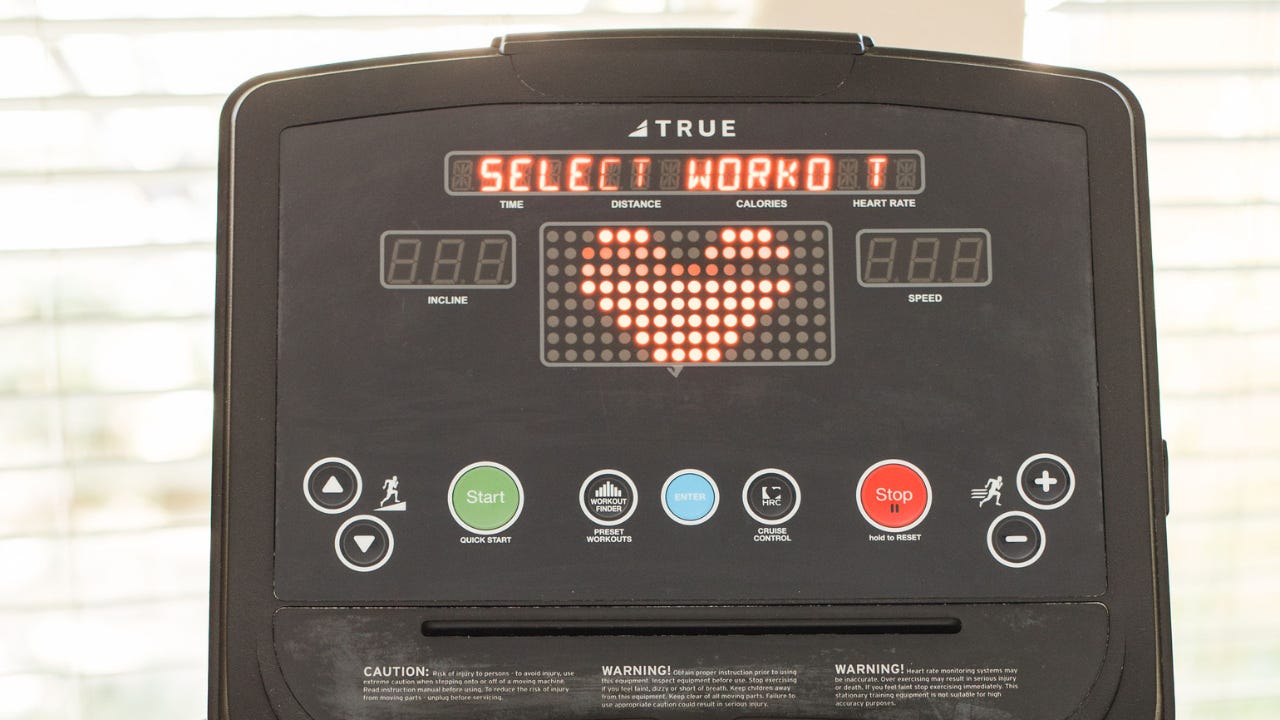Why Cardiovascular Disease Hits Black Women Harder and What We Can Do
What drives cardiovascular disease risk isn't simply “bad choices.”
Why Are Black Women at A Higher Risk for Cardiovascular Disease?
Because we live in a society that tends to treat health issues as a moral failure, there is a temptation to believe there must be something Black women are doing to increase their risk of heart disease. Assuming that Black women are at fault ignores the fact that heart disease is the leading cause of death for all (not just Black) women in the United States.
As we wouldn’t assume that all women are making “bad” health choices, we shouldn’t assume that Black women are either. If Black women’s higher risk of cardiovascular disease (CVD) isn’t the result of a moral failure, then what might actually be the cause? The answer might be more straightforward than we think.
What Does Chronic Stress Have to Do With Cardiovascular Risk?
Even though we all experience some stress, in the United States, chronic stress, in the form of discrimination, can increase Black women’s cardiovascular risk. Research has shown that Black women have historically been exposed to more institutional and structural discrimination than their White counterparts. When that discrimination impacts healthcare access and quality, it can contribute to adverse health outcomes for Black women.
For instance, imagine losing health coverage halfway through pregnancy because of a policy change. That’s a reality for many Black women, sadly, due to the recent changes with Medicaid. Thus, these systemic stressors ripple into higher cardiovascular risk.
Conversely, we can also consider how structural discrimination has contributed to disparities in job access, which have allowed Medicaid to be a safety net for Black women who wouldn’t otherwise have access to healthcare.
This isn’t to say that institutional and structural discrimination are the only forms of chronic stress that Black women face. However, it’s one that we certainly shouldn’t downplay, as eating less and exercising more won’t make discrimination go away. If we try to pretend that it does, we’re contributing to the health disparities we aim to reduce.
How Does Chronic Stress Impact Cholesterol and Cardiovascular Risk?
Since we’re on the topic of stress, I would be remiss during National Cholesterol Education Month not to discuss the impact of chronic stress on cholesterol levels. Now, I know that when we talk about cholesterol, our diet comes to mind for many of us. However, our dietary choices aren’t the only things that impact our cholesterol levels. Research shows that stress raises low-density lipoproteins (LDL) and lowers high-density lipoproteins (HDL).
Quick Cholesterol Refresher: LDL vs. HDL
LDL, or “bad” cholesterol, carries fat to your arteries, and if levels remain too high, it can raise your risk of heart disease. HDL, or “good” cholesterol, helps carry fat away from your arteries and back to your liver.
The goal is to keep LDL and HDL balanced rather than eliminate cholesterol. However, chronic stress can tip that balance in the wrong direction. In addition, eating habits, physical activity, and alcohol consumption can increase cholesterol. This is why managing our cholesterol levels isn’t just about our diet but our lifestyle habits.
Three Lifestyle Habits to Help Reduce Chronic Stress
As a health coach, I’ve learned through working with clients that lifestyle habits are an essential piece of our health journey that’s often dismissed. While this is not an exhaustive list, I want to share three habits that can help relieve chronic stress and support cardiovascular health.
#1 Create a Consistent Sleep Schedule
Regardless of your work schedule, consistent sleep helps lower cortisol, the stress hormone that can raise LDL. As someone who has worked overnight shifts at various points in my life, I can attest to the impact of good sleep on overall health. Even if you’re not a shift worker, creating an environment conducive to sleep is critical. That might mean investing in blackout curtains, keeping electronics out of your sleeping area, or reading a book before winding down. The point is to create a simple routine that works for you and stick with it.
#2 Get Your Thoughts Out of Your Head
As someone who enjoys writing, I know the value of getting the thoughts out of my head and down on paper. From recaps of your day to planning your next quarter, keeping a journal close by is a great way to destress. Writing down worries gets them out of your head and helps regulate blood pressure. However, if you tend to write down all your intrusive thoughts and want to avoid a Harriet the Spy situation, you can always keep a digital journal to keep your (not-so-nice) thoughts locked away.
#3 Find an Exercise Routine That Works for You
Whether hiking, strength training, or boxing, I’ve learned to enjoy moving my body in many ways. Movement boosts HDL, your body’s cleanup crew for excess cholesterol. Even though I often get asked, “What’s the best workout?" My answer is always the same: Find the exercise routine that works best for your current lifestyle. That means you can switch it up if you get bored or want to challenge yourself. Of course, you can exercise solo from the comfort of your home; however, if you do better with accountability, joining a group fitness class is a great way to integrate exercise into your lifestyle.
What Habits Have Supported You in Reducing Stress?
Please share your favorite stress-busting habit in the comments so we can build a community list!




I love the balance of education and actionable strategies to change health outcomes 🙏🏾